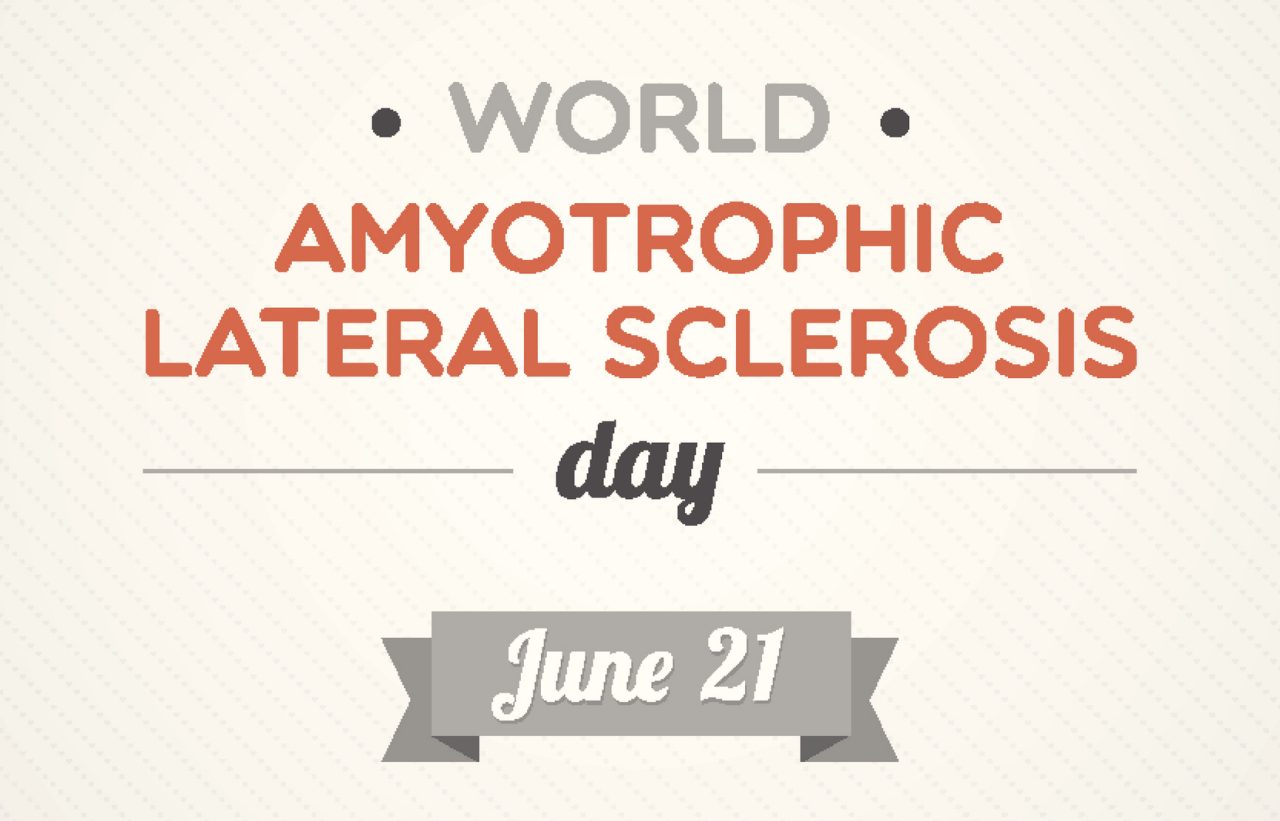ALS
How Is ALS Treated? - Page 2

Amyotrophic lateral sclerosis treatments
Treatment for ALS involves a combination of medications and therapy.
Drugs that treat ALS
Two medicines are FDA-approved to treat ALS.
- Riluzole (Rilutek) was the first drug approved for ALS. It can slow the progress of the disease, and delay the need for a breathing tube. Rilutek comes in a tablet that you take twice a day. Side effects include dizziness, fatigue, upset stomach, fatigue, muscle aches, and appetite loss.
- Edaravone (Radicava) was approved in 2017. It slows nerve damage, reducing the speed of physical decline from the disease. You take Radicava as an infusion 10 to 14 days in a row, once a month. The most common side effects are bruising and changes in gait (walk).
Medicines to control ALS symptoms
A few other drugs help relieve amyotrophic lateral sclerosis symptoms (your doctor will work with you to find the right combination that works for you):
- Rigid muscles — baclofen (Lioresal), tizanidine (Zanaflex)
- Pain — NSAIDs, gabapentin, tramadol (Ultram), ketorolac (Toradol), morphine, fentanyl patch
- Drooling — amitriptyline, botulinum toxin type B (Myobloc)
- Thick mucus — guaifenesin (Mucinex, Robitussin)
- Depression — citalopram (Celexa) and other selective serotonin reuptake inhibitors (SSRIs)
- Incontinence — tolderodine (Detrol)
If you’re having trouble breathing, your doctor can surgically insert a tube in the front of your neck. A respirator will be attached to the tube to help you breathe. This is called mechanical ventilation.
YOU MIGHT ALSO LIKE: What Is the Patricia Kane Protocol?
<< Previous Next: Other ALS therapies >>
Updated:
March 16, 2020
Reviewed By:
Christopher Nystuen, MD, MBA